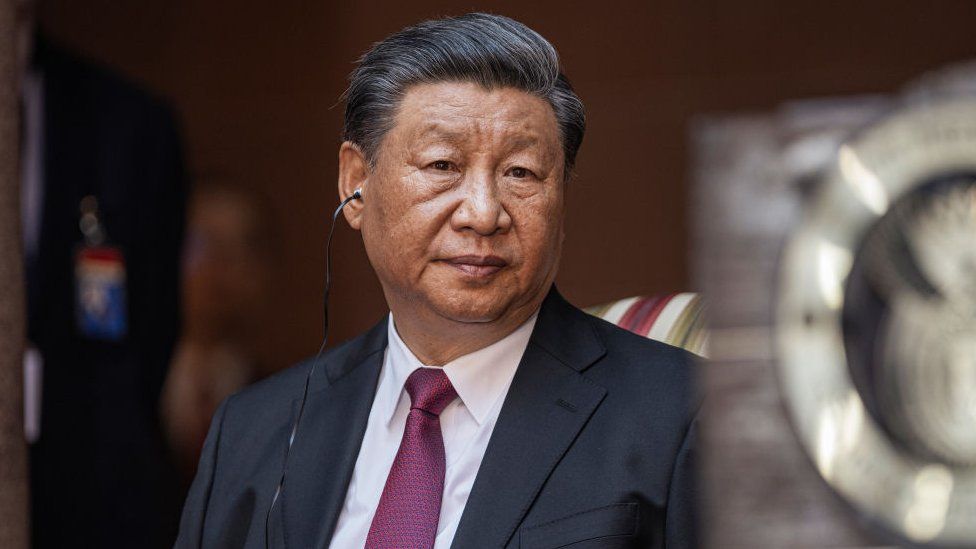-

-
-
Loading

Loading

China's ongoing anti-corruption campaign led by President Xi Jinping shows no sign of ending. The campaign has become a central aspect of Xi's governance and has been used to remove individuals who deviate from his way of operating. Some view Xi as an out-of-control figure reminiscent of Stalin, purging individuals without sufficient cause. However, others argue that Xi's fears of corruption are justified. Corruption is a real problem in China, and Xi has capitalized on the crackdown to gain political advantage. Previous leaders attempted to control corruption through different means, such as fostering Party loyalty or improving living conditions. However, Xi has reverted to Mao's approach, prioritizing Party loyalty above all else. The anti-corruption campaigns are led by the Party, and investigations target alleged breaches of its regulations. Since most high-level positions in Chinese society are held by Party members, they are vulnerable to disciplinary charges that can be vague and relate to personal morality. The Anti-Corruption Commission is known for making people disappear, and there are concerns about the lack of due process and accountability. While the crackdown aims to clean up economic interactions, it may have unintended consequences, such as reducing incentives for creativity and innovation. Additionally, it has led to a phenomenon known as "lying flat," where individuals opt for minimal work to avoid attention and risks. The recent focus on the finance sector has exposed high-ranking officials involved in corruption and bribery. The military, which holds ultimate power in China, is also being targeted. The People's Liberation Army is controlled by the Party, and corruption within its ranks is seen as a serious issue. The crackdown on corruption could potentially delay any aggressive move towards Taiwan. Despite the intensive anti-corruption efforts, there is a lack of systemic changes to address the root causes, and China has not implemented independent anti-corruption bodies, increased transparency, or empowered an independent media to combat corruption. The Communist Party continues to police itself, resulting in endless searches for corrupt individuals without addressing the underlying problems. Changing social attitudes towards corruption is also crucial. Some officials may be too frightened to speak out or provide honest advice due to the fear of repercussions. The extensive crackdown and continuous exposure of corrupt officials have deepened public cynicism rather than fostering the belief that the country is being well-governed.